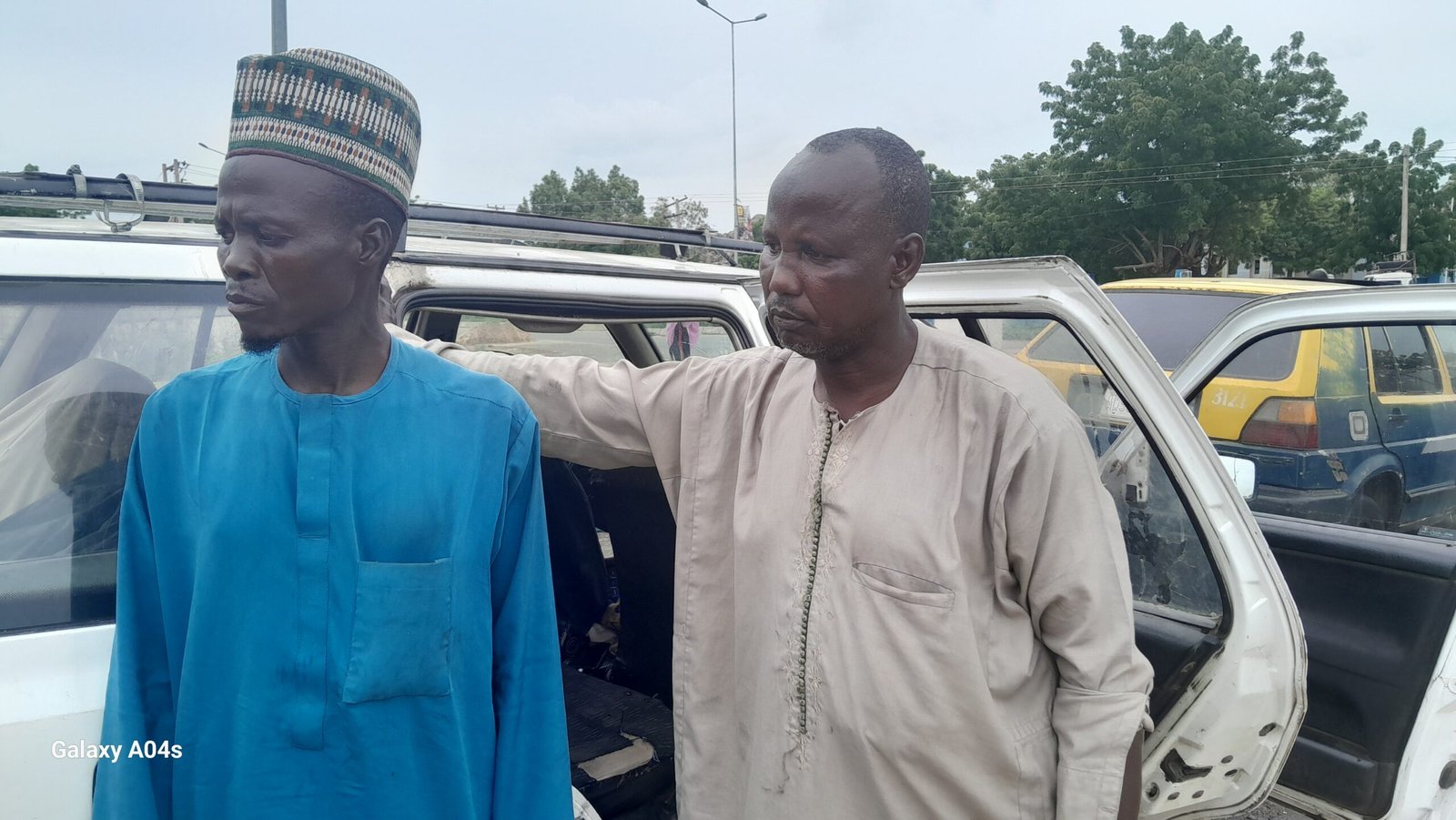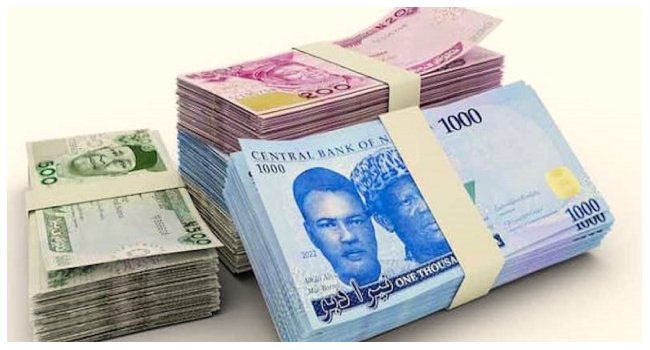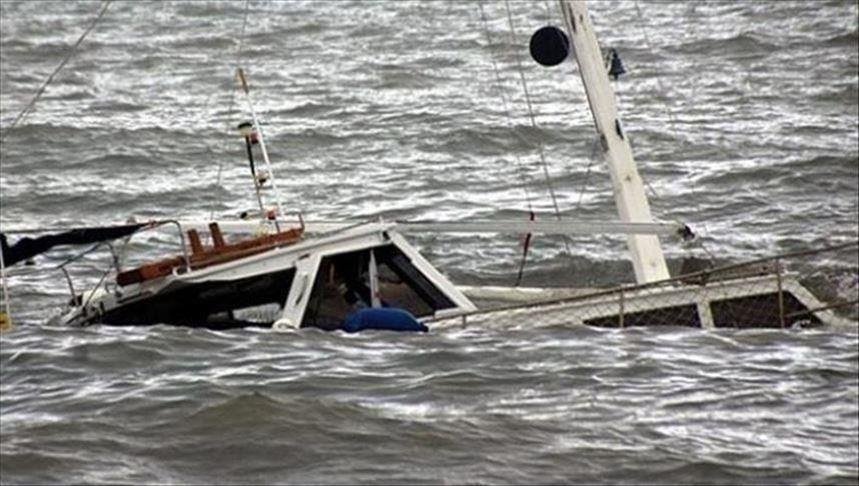Motorists in Jigawa State are expressing deep frustration over soaring fuel prices, with some even describing their dire situations in stark terms.
Malam Abubakar Idris, a local driver, claimed that the economic hardships brought by President Tinubu’s administration have led him to subsist on food so unpalatable it’s fit only for animals.
Since last Thursday, Idris has been queuing at the sole functioning NNPCL filling station in the state, grappling with severe fuel shortages. “We’ve been waiting here for days,” Idris told Africa Health Report (AHR). “We heard that fuel supplies ran out on Friday and only resumed on Monday. Now, we’re faced with a price hike. It feels like our leaders are completely disconnected from our struggles.”
Idris, highlighting his desperation, remarked, “The situation is so dire that people are eating food meant for animals. This government has brought nothing but suffering. We were hoping for relief with the Dangote refinery, but nothing has changed.
“Voting for this government has brought no benefit to us than hardship,” he said. “What is remaining for our leaders to do now is just the way they use to go to the communities seeking for votes is for them to go there and start bringing people out to kill them because hunger is really killing people and there is no way out,” Idris told AHR in Hausa Language.

Hajiya Hadiza, another motorist, voiced her frustration while searching for fuel in Dutse town. “Life is unbearable,” she said. “Hospitals, schools, and even access to water are in poor condition. With the current prices, how can anyone afford basic necessities? Even if the minimum wage were increased to N70,000, it wouldn’t cover fuel costs.”
Kabiru, a fuel attendant at an independent station, reported that fuel prices are also climbing. “We were selling at N980 yesterday, but today it’s N1000 per litre,” he said. “With NNPCL prices at N902, we may soon reach N1500 per litre due to current supply issues.”
The rising fuel costs are not only straining motorists but also intensifying the broader economic challenges facing the community.



